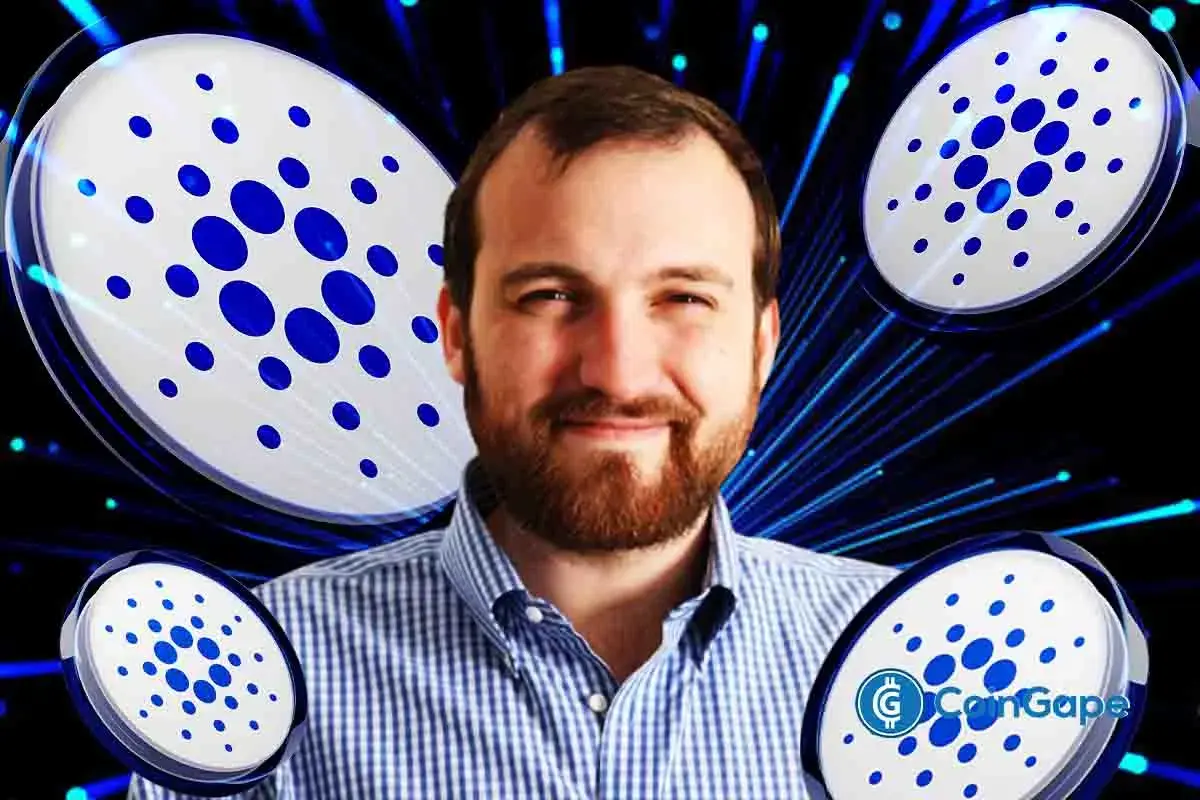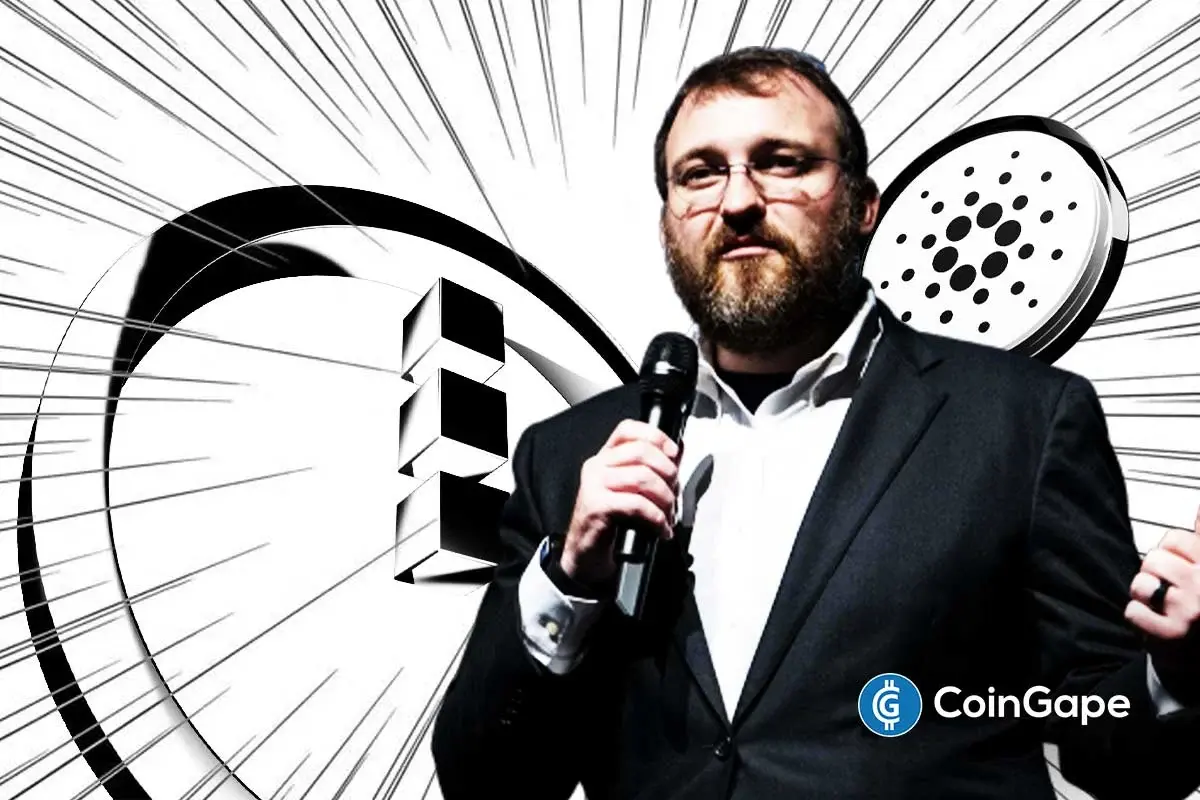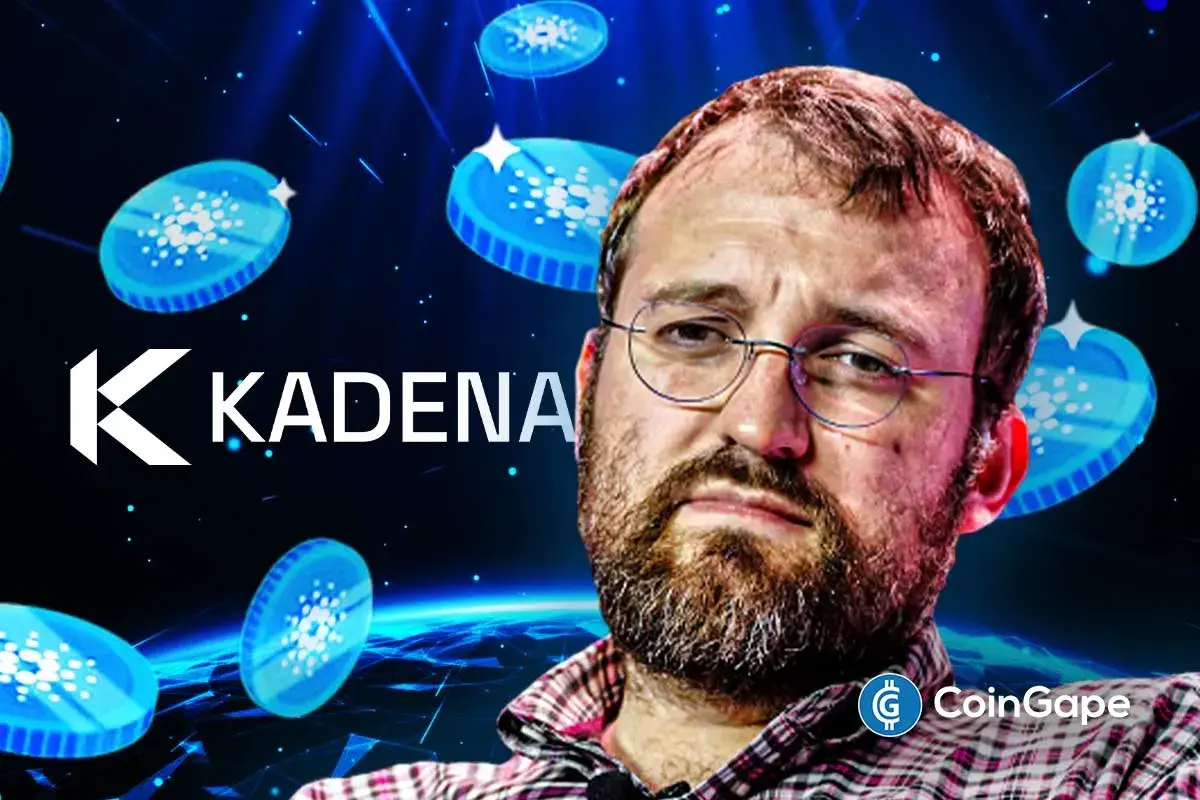Musk-OpenAI Case: Hoskinson Sees Elon Musk Lawsuit as a Non-Profit Dilemma

Highlights
- Charles Hoskinson, founder of Cardano, has shared insights on Elon Musk's lawsuit against OpenAI.
- The lawsuit by Musk accuses OpenAI co-founders of diverting from their non-profit promise.
- Hoskinson points out the legal challenge could spotlight how non-profits might exploit their status for commercial gains.
Charles Hoskinson, the founder of Cardano, has recently voiced his perspective on the lawsuit filed by Elon Musk against OpenAI and its co-founders, Sam Altman and Gregory Brockman. This legal action marks a significant point of contention, spotlighting the debate over the foundational principles of OpenAI.
Initially established as an open-source, non-profit entity, OpenAI has faced criticism from Musk for allegedly straying from its original mission. Charles Hoskinson’s commentary underscores the broader implications of the lawsuit, highlighting it as a potential landmark case that could redefine the operational boundaries of non-profit organizations in the tech industry.
Allegations at the Heart of the Lawsuit
At the core of Musk’s lawsuit is the accusation that Altman and Brockman diverged from the agreement to maintain OpenAI as a non-profit organization. Musk, who was instrumental in establishing OpenAI with a $100 million investment, claims that the defendants breached their contractual obligations. This breach is purportedly evidenced by the strategic shift in 2018 when OpenAI Global LLC was incorporated and, more pointedly, with the release of GPT-4 in 2023.
The lawsuit details Musk’s concerns regarding OpenAI’s partnership with Microsoft, suggesting that the collaboration was heavily commercialized, undermining the non-profit ethos OpenAI built. According to the complaint, this relationship with Microsoft, poised to profit significantly from the sale of GPT-4, exemplifies the departure from OpenAI’s original mission.
Charles Hoskinson Weighs in on the Elon Musk Lawsuit
Charles Hoskinson’s analysis of the lawsuit sheds light on the nuanced challenges facing non-profit organizations in the tech sector. By emphasizing the tax evasion implications of operating as a non-profit while engaging in commercial product development, Hoskinson points to a systemic issue. The partnership between OpenAI and Microsoft, particularly around the GPT-4 technology, serves as a case study in this dilemma.
Microsoft’s integration of GPT-4 into its Copilot service, alongside its financial arrangements with OpenAI, illustrates the commercial potential of such collaborations. With Copilot’s pricing set at $30 per user per month and the projection of substantial revenue growth, the financial dynamics of this partnership raise questions about the balance between non-profit intentions and commercial operations.
Read More: Taiwan Puts Bitcoin ETF under Watch; People to Resume Buying Overseas ETF?
- ETH Price Fears Major Crash As Trend Research Deposits $1.8B Ethereum to Binance
- US–India Trade Deal: Will Trump’s Tariff Relief Boost Crypto Market?
- Why Is Pi Coin Price Rising Today? Key Reasons Explained
- BestChange Wins Best Crypto Exchange Rate Aggregator at the Crypto Impact Awards 2025
- Arthur Hayes Blames BlackRock’s IBIT Hedging for Bitcoin Crash as BTC Price Rebounds 7%
- Bitcoin and XRP Price Outlook Ahead of Crypto Market Bill Nearing Key Phase on Feb 10th
- Bitcoin Price Prediction as Funding Rate Tumbles Ahead of $2.1B Options Expiry
- Ethereum Price Outlook as Vitalik Buterin Sells $14 Million Worth of ETH: What’s Next for Ether?
- Solana Price at Risk of Crashing Below $50 as Crypto Fear and Greed Index Plunges to 5
- Pi Network Price Prediction Ahead of PI KYC Validator Reward System Launch
- XRP Price Outlook As Peter Brandt Predicts BTC Price Might Crash to $42k
















